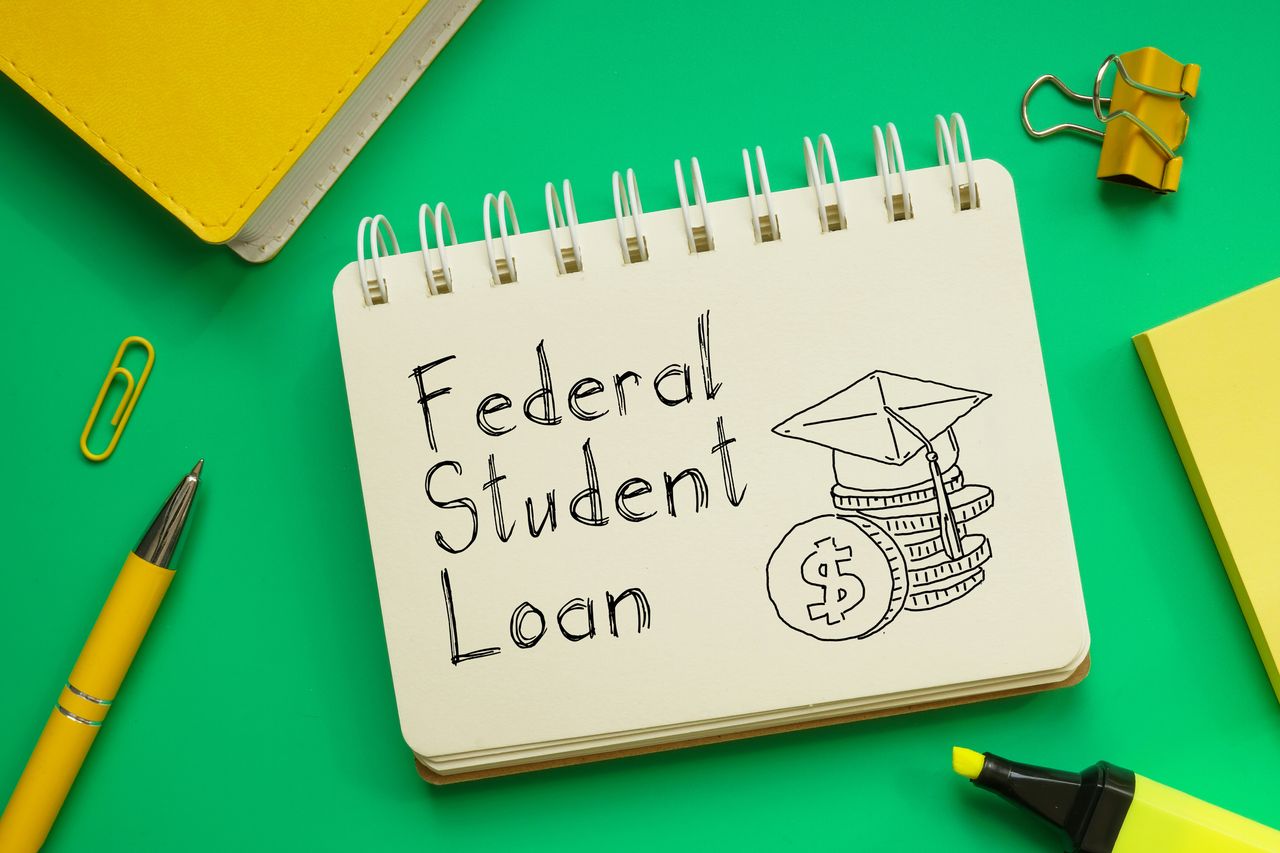
Your student loan was recently forgiven — hurray! But wait. Do you owe taxes?
As we hurry through yet another tax year, some borrowers may wonder whether their federal student loan forgiveness is tax-free. After all, under the Biden administration, over five million debtors with about $188.8 billion in debt were forgiven.
Biden accomplished this through the American Rescue Plan (ARPA), a law passed during the pandemic, which promised that federal student loans would be "free from taxes" for a while, right? Well, somewhat.
If your federal student loan was forgiven, depending on where you live, you may still be subject to state taxes, and the law that provides for tax-exempt federal student loan forgiveness expires after this year.
Plus, the Trump administration has targeted the PSLF program and, through the GOP's so-called "One Big Beautiful Bill," has enacted several changes that will impact student loans and borrowers.
Read on for more of what you need to know.
Is student loan forgiveness taxed in 2025?
Federally forgiven student debt is not taxable on your federal return through the end of this year. That's because ARPA made federal student loan forgiveness tax-free through 2025.
After that, a forgiven loan will again count toward taxable income on federal returns.
Affected loans may include:
- Pay As You Earn (PAYE) which limits federal student loan payments to generally 10% of a borrower’s discretionary income.
- Saving on a Valuable Education (SAVE) plan, which calculates your loan’s monthly payment amount based on income and family size (currently stalled in court — more on that below).
- Public Service Loan Forgiveness (PSLF), a program that forgives the balance on Direct Loans.
Student loan news under Trump
Parts of the SAVE plan are currently contested in a federal lawsuit. Repealing the plan could mean borrowers will face higher monthly student loan payments if forced to switch to another, more expensive alternative.
Additionally, after 2025, students will again pay taxes on their forgiven federal student loan debt unless Congress acts.
So, where does Trump stand on student loans?
- This month, the Trump administration has proposed a new rule for PSLF that would disqualify organizations involved in activities that have a "substantial illegal purpose." This may include what the administration identifies as illegal immigration, terrorism, or certain medical procedures on minors.
- New borrowers enrolling in July 2026 or later will have just two main federal repayment options: a Revised Standard Plan (fixed payments) and a Repayment Assistance Plan (RAP), which is tied to income and requires up to 30 years of payments before forgiveness.
- Existing income-driven plans are slated for a phase-out, and borrowers will need to transition to a new system by July 2028.
- Starting August 1, 2025, interest will also resume for those enrolled in the SAVE plan.
And that's not all. Earlier this year, Trump called for the end of the Department of Education, which manages federal student loans, among many other things.
Trump argues that the move would cut costs and return control to the states, potentially reshaping education in the U.S. Those on the other side say that eliminating the Department of Education could harm vulnerable students, disrupt funding, and weaken school civil rights enforcement.
While eliminating the department would require congressional approval, Trump could significantly alter its functions through executive actions.
For more information on which programs might be going away and how your taxes will be affected for 2026, check out Kiplinger's report Trump Targets Student Loan Forgiveness: Here’s How Taxes and Repayment Could Soon Change.
Are student loan payments tax deductible?
Yes, the interest portion of your student loan payment may be deductible if you qualify for the student loan interest deduction. Here are a few other ways you may save on student debt:
- Ask your employer about any qualified educational assistance programs or a 401(k) student loan match.
- If you have a 529 account, claim up to $10,000 (lifetime limit) to help pay off college debt.
- Talk to your employer about tax-free student loan repayment assistance.
Student loan debt and state taxes
As mentioned, most canceled student debt is currently exempt from federal tax, but only some states follow that federal law.
As a result, you could be stuck with an unexpected state tax bill for forgiven student loan debt, which could be as high as $1,100 in some states.
Check out your state’s Department of Revenue website to determine if you’ll be taxed on student loan forgiveness, or to see if you're missing out on any state tax breaks.







